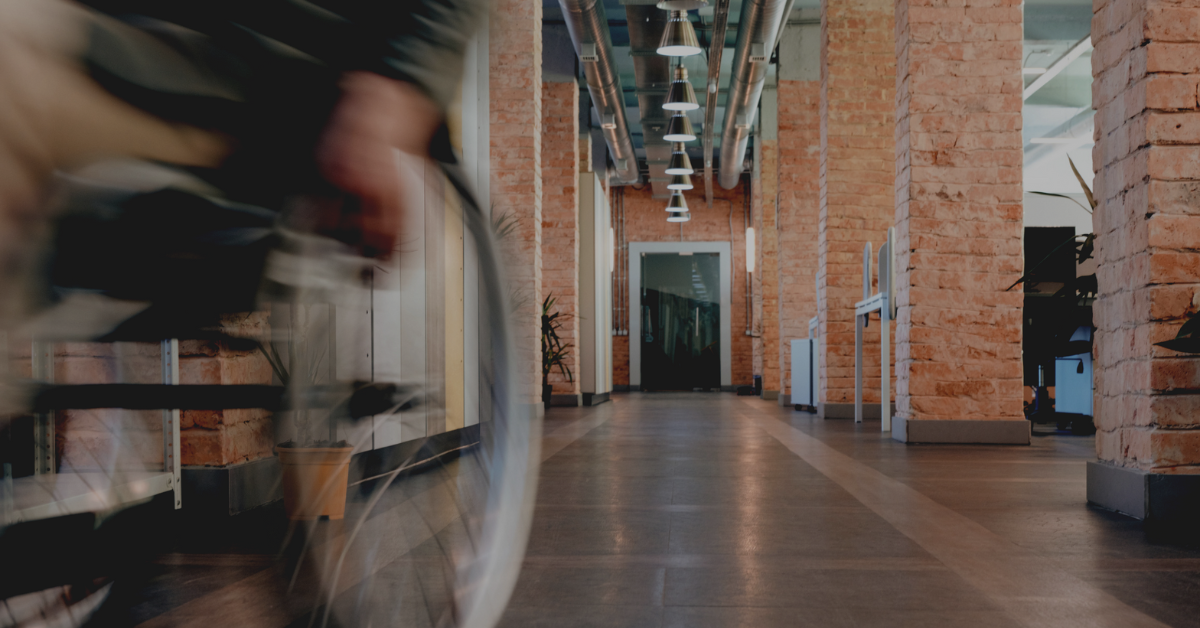Tips for disabled students at the University of Edinburgh – Part 1

Starting university is usually cause for anxiety in and of itself. It can be even more so when you have a disability, health condition or learning difference to consider. Student Ambassador Seth offers some advice on what to do before you start your studies which will, hopefully, make the process less stressful for you.
Get in touch with the university’s Student Disability Service (SDS) ASAP
It should come as no surprise that this is my first tip. Whether or not you’ve mentioned your disability in your UCAS application, get in touch with the SDS once you’ve accepted your offer. Don’t wait until the start of the semester, as that is always a busy time and there might not be available appointments until the end of October when classes have already started. The sooner you contact them, the sooner they can work with you to create a schedule of adjustment, get a Disabled Students’ Allowance (DSA) form filled and sent if you need financial support for some of it. It also means that the appointment you’ll need to have once you’ve matriculated will be only to double check that nothing was forgotten or has changed before the schedule agreed on earlier can be ‘activated’.
University of Edinburgh Student Disability Service
Get in touch with them even if you haven’t been formally diagnosed yet
They will be able to let you know what can be done and possibly offer screening appointments or advice on how to get a diagnosis once you’ve arrived if that’s needed. They’ll also let you know what type of documents are needed as proof for them to be able to provide adequate support.
Provide your supporting documents as soon as possible
The SDS website has a page explaining what type of documents are needed depending on what the issue is, read it carefully and when in doubt ask them. Usually, it might be a letter from your doctor confirming diagnosis or the completion of a form by your doctor explaining how the disability or health condition impacts your day-to-day life and as such your studies. This means it might take some time for your doctor to get back to you with these documents, so take that into consideration. The sooner you get the documents back to the SDS, the sooner they can put help in place for you.
When offered help, even if you think you might not use it, take it
It’s easier to have help in place, just in case, and not having to use it, instead of having to wait for it to be put in place later when you need it. And if you think something might help, but it wasn’t mentioned, say so. They might not be able to put it in place straight away or at all, but they will do their best to at least find a work around to make it work for you.
If using university accommodations, get in touch with them ASAP
If you are going to be in student accommodations and have specific needs due to your disability or health condition, say so as soon as possible. I don’t have personal experience with this as I live in a privately rented accommodation, but the university’s accommodation team should be able to help.
More from the accommodation service
If from outside Scotland, be prepared for some ‘transition’ hiccups
What I mean by that is that even if you come from the rest of the UK, things might not be as streamlined as we’d want them to be regarding continuing your current medical treatments, etc. Have letters from your GP and/or specialist explaining your condition and any treatment you need to give to your term-time GP. And if you take medication, have a big enough supply that if there is a hiccup you don’t find yourself short.
Hopefully the above tips will help make things go smoothly before you arrive to study in Edinburgh. Stay tuned for part 2 which will deal with tips and tricks for once you’ve started your studies.




